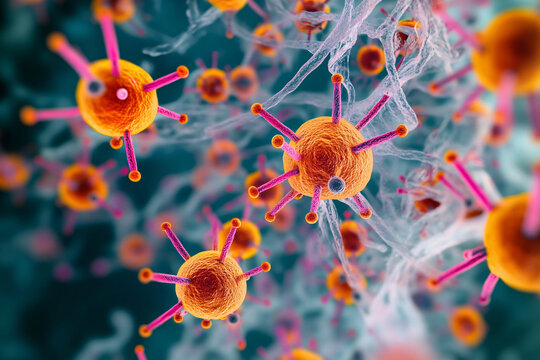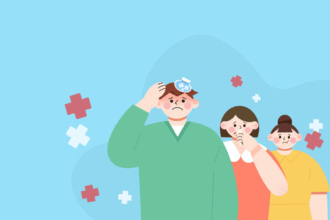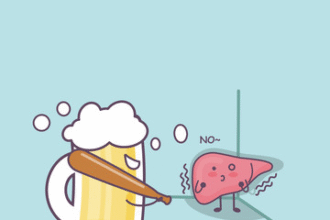Cholera
Cholera is an acute watery diarrheal illness caused by toxigenic Vibrio cholerae (serogroups O1 and O139). It spreads via fecal‑oral transmission through unsafe water and food and can cause rapid, life‑threatening dehydration. Large outbreaks are more likely where water, sanitation, and hygiene (WASH) systems are disrupted (for example, floods, conflict, displacement).
How it spreads
- Contaminated water and food: including street‑vended foods, unwashed produce, and undercooked seafood (especially shellfish from contaminated waters).
- Person‑to‑person via fecal‑oral route: poor hand hygiene after toileting or diaper changes.
- Mechanical vectors (e.g., flies) can contribute but safe water and sanitation are the primary controls.
Incubation is usually 12 hours to 5 days.
Signs and symptoms
- Sudden onset of profuse, painless watery diarrhea (often “rice‑water” stools), vomiting, thirst.
- Signs of dehydration: sunken eyes, dry mouth, poor skin turgor, little or no urine, weak/rapid pulse, dizziness, lethargy.
- Children may develop hypoglycemia with seizures or altered mental status.
Diagnosis
- Clinical diagnosis during outbreaks is common when a patient has acute watery diarrhea with dehydration.
- Laboratory: stool culture (gold standard) and/or validated rapid diagnostic tests; public‑health notification supports confirmation and response.
Treatment — rehydration is lifesaving
- Oral Rehydration Solution (ORS): start immediately for all patients who can drink; frequent small sips or via nasogastric tube if needed.
- Severe dehydration or shock: give prompt IV fluids (e.g., Ringer’s lactate) and switch to ORS when able.
- Zinc for children: shortens illness and reduces stool volume (typically for 10–14 days per local guidance).
- Nutrition: continue breastfeeding and age‑appropriate feeding.
- Antibiotics: shorten illness and stool shedding in moderate to severe cases and during outbreaks; choices depend on local resistance (commonly azithromycin, doxycycline, or third‑generation cephalosporins). Not routinely needed for mild disease. Avoid prophylaxis for contacts.
- Antimotility agents are generally not recommended.
Infection prevention and control (IPC)
- Safe excreta management and disinfection in cholera treatment areas; handwashing stations with soap and safe water.
- Clean and sanitize toilets, bedpans, and high‑touch surfaces; handle linen and utensils with appropriate disinfection per local protocols.
- Patients do not require strict isolation, but cohort care and standard/contact precautions reduce spread.
Prevention
- Water: treat/boil drinking water; store safely in closed, clean containers; use safe water for brushing teeth and making ice.
- Sanitation: safe disposal of feces; maintain and chlorinate community water systems.
- Hygiene: handwashing with soap after toileting/diapering and before food preparation/eating.
- Food safety: cook seafood thoroughly; peel/cook produce; avoid unpasteurized dairy.
- Vaccination: oral cholera vaccines (OCV) provide additional protection in high‑risk settings; follow public‑health guidance on availability and dosing.
Travel advice
- Use bottled, boiled, or treated water; avoid raw/undercooked seafood and unpeeled raw produce; practice hand hygiene. OCVs are available in some countries for travelers to high‑risk areas but are not a substitute for WASH practices.
When to seek urgent care
- Severe dehydration (very thirsty, minimal urination, dizziness/fainting, confusion), persistent vomiting, blood in stool, high fever, or illness in infants, pregnant people, older adults, or the immunocompromised.
Educational information only. In suspected cholera, start rehydration immediately and seek medical care; follow local public‑health instructions during outbreaks.







